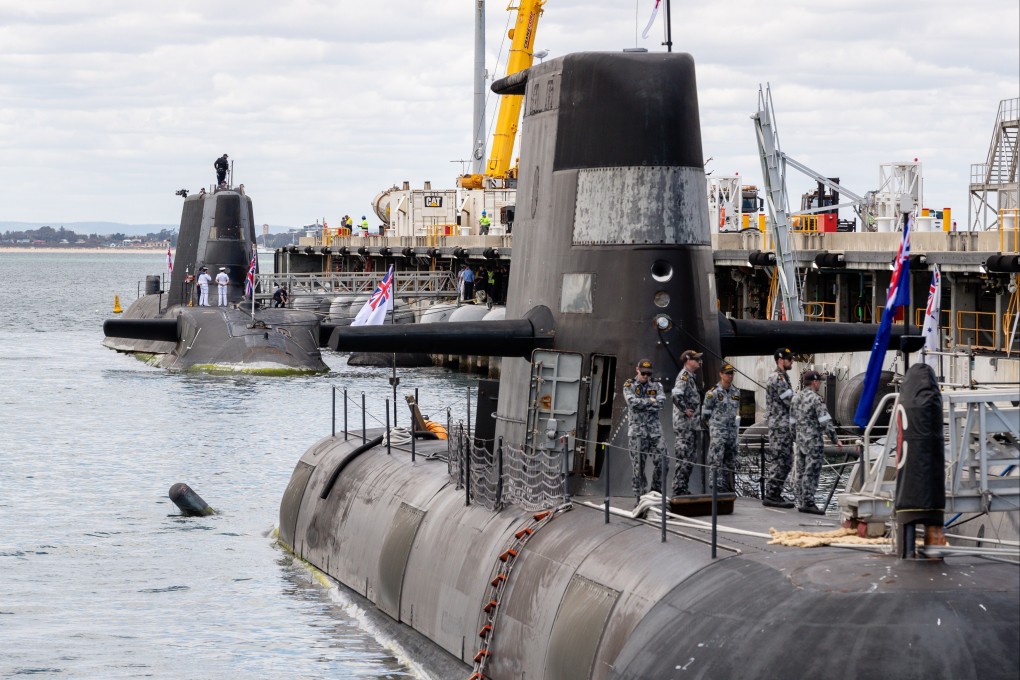Advertisement
Opinion | Despite Aukus, a China-Australia relationship reset is possible
- Any overreaction by Beijing to this unremarkable alliance of traditional partners would only reinforce their current China ‘threat’ narratives
- The nuclear submarine announcement could prove to be more about geopolitical posturing than anything else
Reading Time:3 minutes
Why you can trust SCMP
24

In one respect, there is nothing surprising about Aukus, the new security agreement between Australia, the United Kingdom and the United States. These three countries trust each other, have shared values and similar institutions. They should be expected to cooperate on security matters, as they have for a century.
In another respect, it is however surprising for Australia to buy nuclear-powered submarines, questionable on national defence grounds and unsettling for the region. To prevent a new arms race, we all need to pause and figure out how to ease tensions and build more trust in the neighbourhood.
The unremarkable thing about Aukus is the traditional balance of power thinking that underlies it. The US has, since defeating Japan in 1945, believed that it must maintain a strong presence in the Pacific.
Advertisement
Many countries in the region will continue to seek a US role in balancing other major powers. Australia has traditionally aligned itself with US strategy, assuming that if Australia was ever threatened, the US would defend it.
Any overreaction by China to this unremarkable alliance of traditional partners would only reinforce their current China “threat” narratives. In Australia and the US, populist leaders in recent years have tended to hype the China “threat” to evoke external and internal enemies.
Advertisement
Advertisement
Select Voice
Choose your listening speed
Get through articles 2x faster
1.25x
250 WPM
Slow
Average
Fast
1.25x

